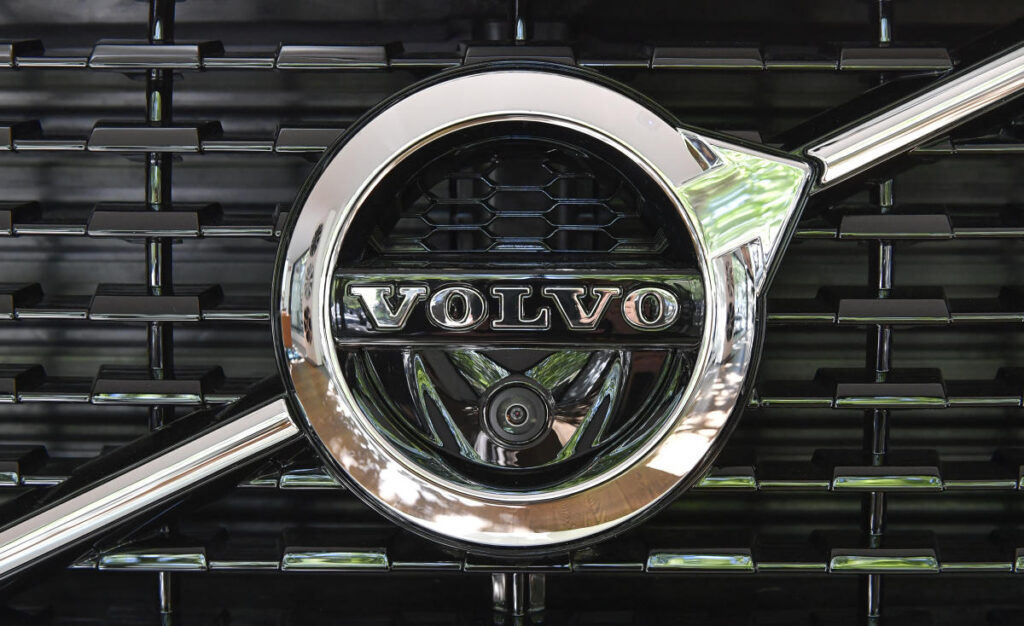FRANKFURT, Germany (AP) — Sweden’s Volvo Cars has relaxed its pledge to stop selling cars with internal combustion engines by 2030, saying the slow rollout of charging stations and the removal of purchase discounts will leave room for a few cars that still run on fossil fuels.
Volvo Cars, part of China’s Geely Holding, now expects its lineup to consist of at least 90 percent electric cars by the end of the decade. The company has expanded this to include both battery-only cars and plug-in hybrids, which combine battery power with a combustion engine.
In addition, up to 10% could be a “limited number” of mild hybrids, which run primarily on combustion engines and store electrical energy from braking in a 48-volt battery to assist acceleration and improve fuel economy.
The company said it was adapting to “changing market conditions and customer demand.”
“We are steadfast in our belief that our future is electric,” CEO Jim Rowan said in a statement. “However, it is clear that the transition to electrification will not be linear, and that customers and markets are moving at different adoption rates.”
The push toward electric cars is being driven by European emissions limits that will end the sale of internal combustion engine cars by 2035, with a possible exemption for cars running on carbon-neutral fuels. The regulatory push is part of efforts to meet targets to reduce greenhouse gas emissions under the 2015 Paris Agreement aimed at combating climate change.
But the rise of electric cars has faced headwinds. Germany suddenly dropped purchase subsidies earlier this year, and the construction of outdoor charging stations has lagged. That’s pushing consumers toward internal combustion engines or hybrids that can survive on the combustion engine at home when the battery runs flat.
Volvo is the latest automaker to scale back its electric ambitions. Mercedes-Benz said it would delay its target of having 50% of its cars with electric motors by 2025 until 2030, while Ford Motor Co. has delayed or halted production of electric models and reduce investments in electricity production and technology.







